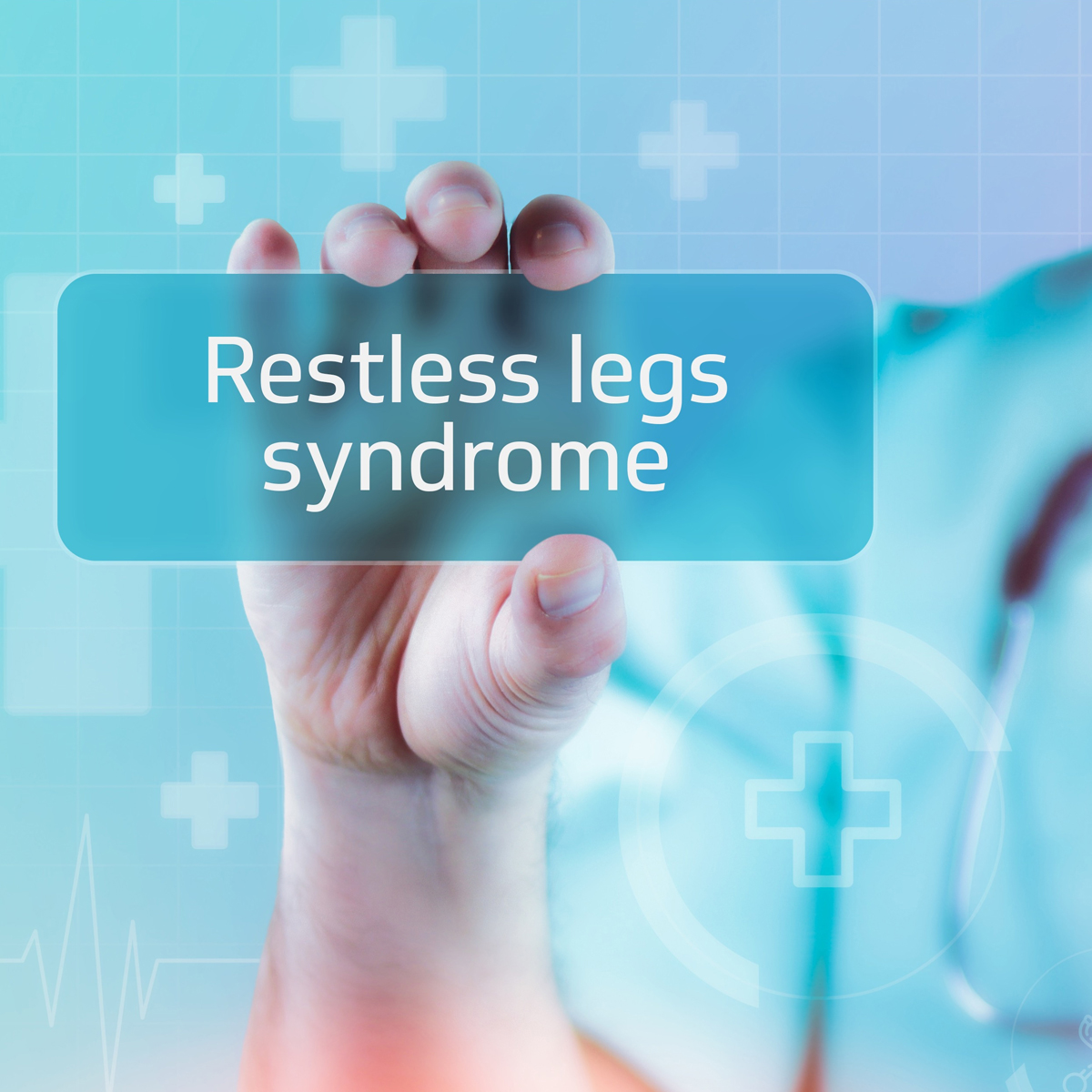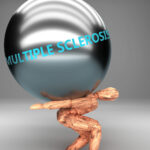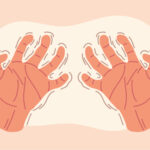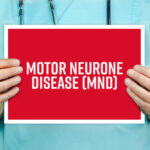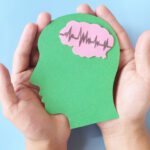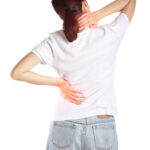RLS is a neurological condition for which there is currently no cure, although a number of conventional treatments are available to help managing symptoms. Individuals with Restless Legs Syndrome experience unpleasant sensations in their lower limbs which produce an irresistible need to move them, often leading to severe sleep disruption. Medical cannabis is emerging as a potentially useful intervention for patients with RLS.
The cause of RLS is not fully understood, although the following have been identified as potential contributory factors:
- Genetics
- Iron deficiency
- Neurological changes
Medical cannabis
Medical cannabis may offer an interesting option for patients who continue to experience disturbing symptoms despite conventional treatment. Cannabis contains compounds known as cannabinoids, and the main ones among these are THC (tetrahydrocannabinol) and CBD (cannabidiol). THC is the agent responsible for the psychoactive effects of cannabis, such as euphoria, while CBD is associated with a range of potentially therapeutic activities.
Medical cannabis and RLS
The analgesic, muscle relaxant and sleep-improving qualities of medical cannabis address the main problems caused by Restless Legs Syndrome:
- Pain and discomfort – CBD in particular is recognised for its analgesic properties. It has been suggested that this pain-relieving quality can be attributed to its anti-inflammatory properties and ability to modulate pain signals.
- Improving sleep – patients with RLS often suffer from disrupted sleep. Some patients have reported that cannabis helps them to relax and improves the quality of their sleep. The evidence for this quality is currently, however, anecdotal.
- Muscle relaxation – THC has recognised muscle-relaxant properties, which may help to mitigate the discomfort experienced by patients with RLS.
General safety considerations
- A health professional should always be consulted before using cannabis for medical purposes.
- It is essential to select the correct dosage and form of cannabis to treat the symptoms presenting the problem; for example, high THC products might cause unwanted sleepiness, while high CBD products might be more calming, and less likely to cause psychoactive effects.
- While cannabis can offer real benefits, no medication is entirely risk-free and this also applies to medicinal cannabis. Potential side effects include dizziness, dry mouth, or cognitive impairment. It is possible that long-term use may have an impact on memory and mental health.
- A health professional who is fully-trained in the medical use of cannabis will look at the patient’s individual medical and medication history, to minimise the risk of drug interactions and side effects. They will also ensure that the most appropriate form of cannabis is prescribed, according to the needs of that individual.
- The information given on this website pertains only to the usage of medical cannabis in the UK.
- NICE advises people to stop any non-prescribed cannabis, including over-the-counter, online and illicit products.
RLS can be a be a challenging condition to manage but the availability of additional options, including medical cannabis, will allow more patients to achieve some symptomatic relief and better sleep.
More comprehensive research is required to understand fully its potential in RLS. Any decisions on its use should be made in consultation with an experienced medical experts.
Medical cannabis, RLS and MyAccess Clinics
In the United Kingdom, although medical cannabis was legalised in 2018, it can only be prescribed by a registered specialist. At MyAccess Clinics, a leading UK medical clinic, our specialists aim to provide high-quality, personalised medical care to those who have tried at least two other types of therapies and treatments. Dr Michal Modestowicz, MD, PhD, MRCP(UK), FEBN, (known to his patients as Dr Mike) is a Consultant Neurologist at MyAccess Clinics specialising in a range of neurological conditions. He trained in both the UK and Poland and he is an advocate of holistic approach to health and wellbeing.
